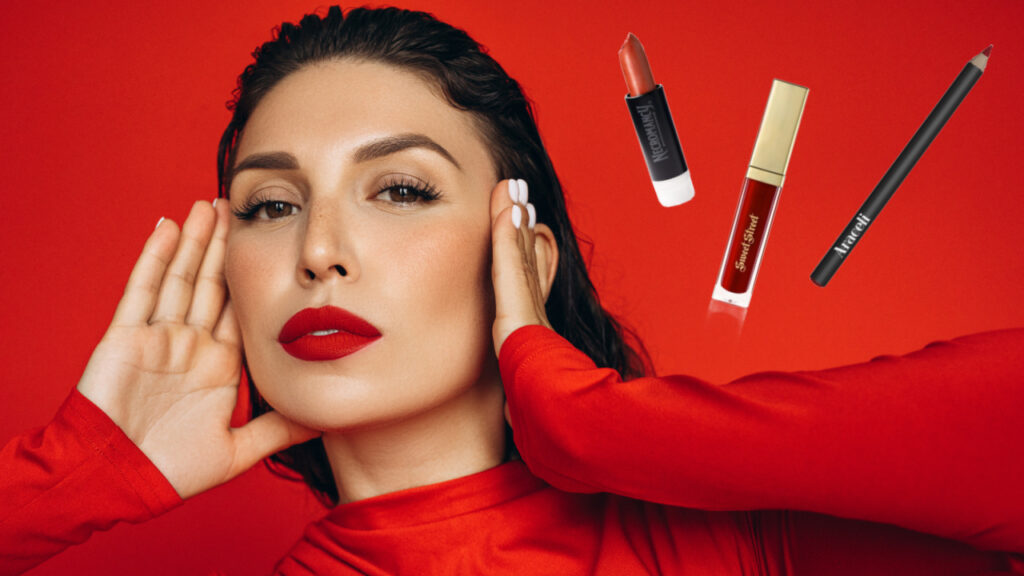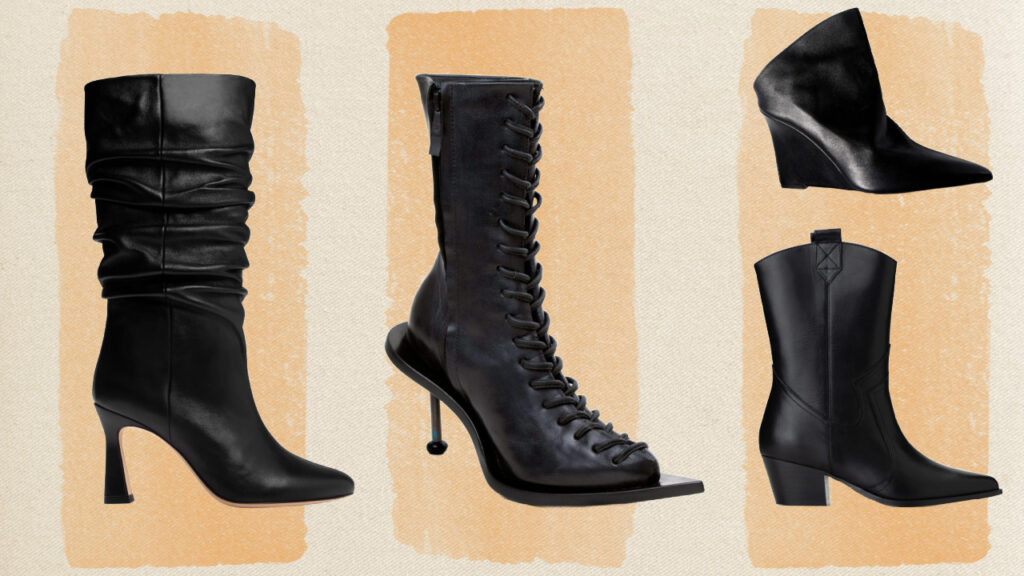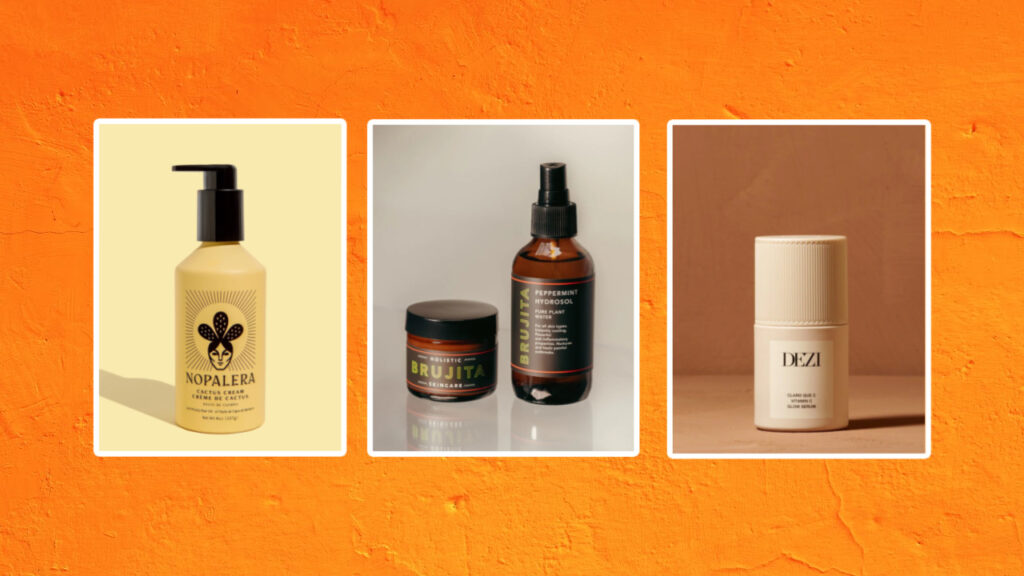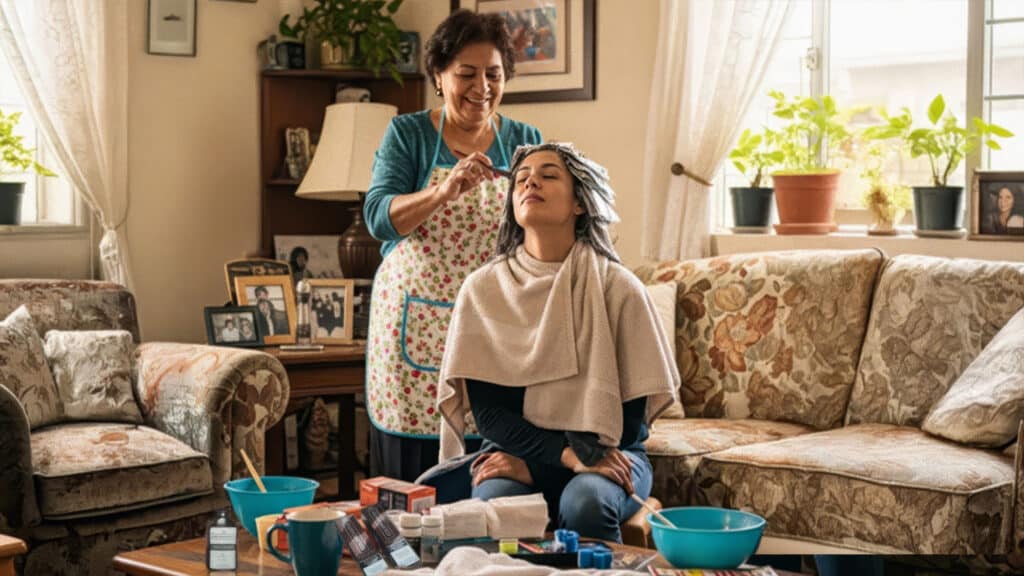
Earth Day Reflections: As a Latina Conscious-Business Owner, I Urge You to Revamp Your Wardrobe for the Planet’s Sake
Whether we know it or not, we contribute to overproduction and negatively affect our culture every day. How, you ask? With our wardrobe.
In its most beautiful form, fashion is an expression of individuality and culture. It’s a way to showcase our personal style, heritage, and values. Yet, as we revel in the latest trends, we ignore a critical reality: we’re contributing to overproduction and affecting nuestra cultura.
This concern hits close to home, especially when we look at the impact millions of tons of used clothes have had in countries like Chile.
For all its glitz and glamor, the fashion industry has a dark side
Overproduction is a rampant issue. The industry produces clothes at a breakneck pace, often resulting in surplus inventory that ends up in landfills. Aside from overproduction, scraps accumulate and need to be discarded.
The textile industry creates 21 billion pounds of waste that goes into landfills. Did you know Chile has the biggest clothing landfill in the world?! You can see it from space!
While there are initiatives to recycle clothes in the U.S. and Europe and a general shift in mindset, the clothing crisis persists
You can easily donate clothes to Goodwill, Salvation Army, local clothing bins, and even mail-in services. This makes it easy to organize your wardrobe, but most go into landfills within a year of purchase, and it can take up to 200 years to biodegrade.
This is unsustainable, as there has been an 80% increase in textile waste since 2000.
Some clothes do make it to a new home; however, it really depends on the material/fabric. Clothes end up in other countries in South America and Africa. Anything unused is burned or dumped, thus polluting oceans and waterways.
Overproduction strains resources, contributes to pollution, and fosters unethical labor practices. But Latina-owned businesses give us hope
It’s a domino effect, and the dominos are falling faster than we can pick them up. I know we love to play the game, but this is serious.
And I know what I’m talking about. Born and raised in Washington Heights, NYC, I understand the duality of being raised in a Dominican neighborhood with an American lifestyle in the most culturally rich city in the world.
I found a need to celebrate our diversity with an inclusive lifestyle brand. As founder of Aura Heights, a Latina-owned, small, conscious business, I want to inspire under-represented Latino communities to reach new heights with an elevated streetwear and lifestyle brand. But I’m well aware of the impact our industry can have on our planet.
As Latina entrepreneurs, we are grateful that technology, grants, and many other factors allow us the opportunity to be seen. It’s like the saying goes, ojos que no ven, corazón que no siente.
Latino-owned brands are emerging, and nuestra cultura is overjoyed. We now have options that represent us. Seeing these brands motivates us to dream bigger, especially when there’s transparency, and we know the story because we all love a good telenovela—supporting and watching to see how it unfolds.
Learning about the fashion industry while starting a lifestyle brand makes you more aware of your brand and consumer choices.
You gain a different perspective because the goal is to infuse the nostalgia of cultural identity while making sales without contributing to the problem of overproduction.
You weigh your options, such as using print on-demand to reduce waste but lower the profit margin. The journey has taught me that setting an example and starting a new standard is more important. For some, shopping offers instant gratification that does not hold long-term value. Thus, most items are making it into landfills within a year.
The goal is to do less, produce less, and value more in fashion and in life.
Because of my background in education, this way of thinking comes naturally to me. It’s a positive approach, and people will follow your lead because, at the end of the day, it’s about making conscious decisions with the information presented.
Given the information about overproduction and Latino-owned brands, it may be time to review your wardrobe and re-discover your fashion style.
As a consumer, you must acknowledge whether you are an impulse buyer and have clothes that still have the tag and you do not intend to wear.
Another consideration is whether you’ll style the item multiple ways, thus getting more use out of it.
And as a consumer, there’s a lot you can do!
The ability to style your wardrobe heavily depends on quality because once we put something on and after washing it, the fit is no longer the same.
Therefore, decide if some items can be dressed up or down for work. Finally, consider those subscriptions that oversupply you with items you don’t need and don’t have the space to store.
We know that consumers are constantly marketed to keep on buying, and that is inevitable, but making a purchase decision to include conscious Latino-owned brands is now an option.
Check out these brands that are elevating the culture: Aura Heights, Kids of Immigrants, and Cadena Collective.
By making conscious choices, supporting small businesses, and embracing sustainable fashion, we can help curb overproduction without abandoning our passion for style. After all, fashion and culture aren’t mutually exclusive. They can and should coexist harmoniously.




